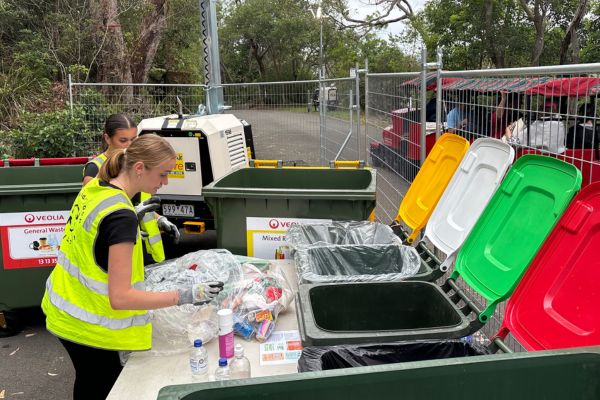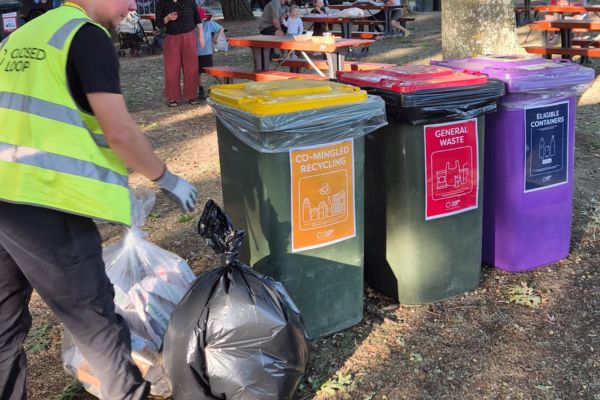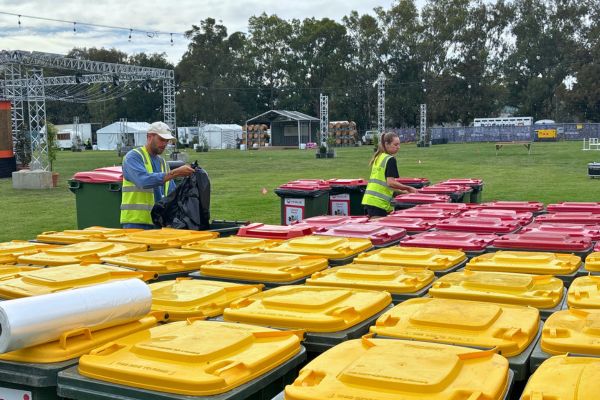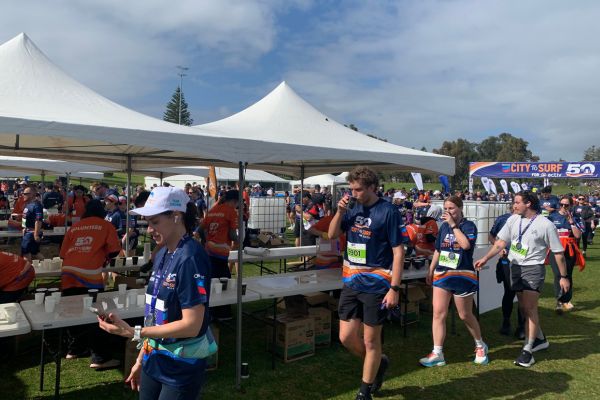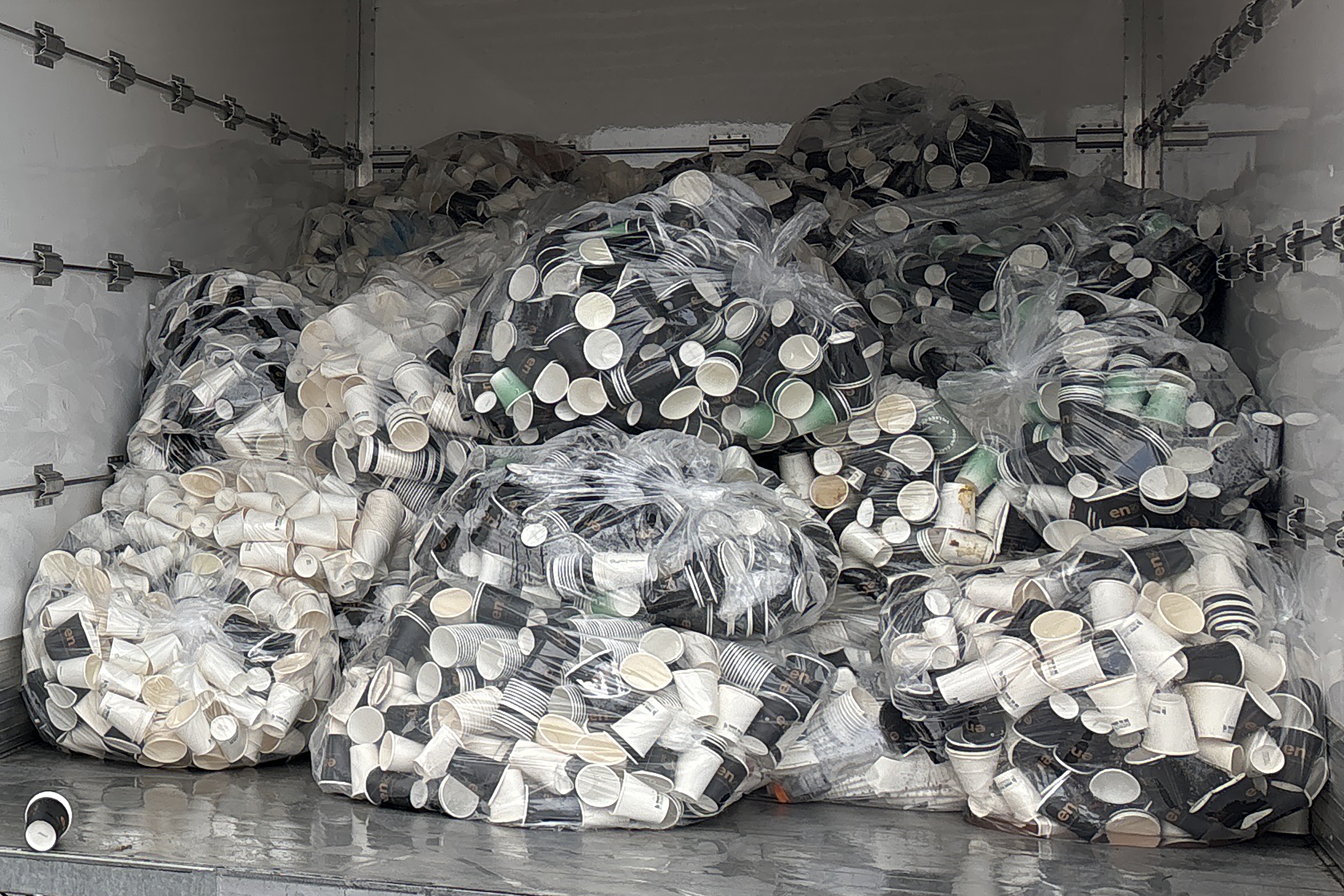How to run a mass participation sporting event sustainably
Mass participation sporting events like marathons, triathlons, and cycling races offer incredible opportunities for community engagement, but they also come with unique sustainability challenges. Organising such events in a way that minimises environmental impact requires careful planning, resource management, and real-time adjustments.
Find out how our Closed Loop team handles the unique waste requirements of mass participating sporting events.
Managing courses across distance
One of the most significant sustainability challenges at mass participation sporting events is managing waste across long, often sprawling courses. These events typically cover several kilometers and may even span multiple council jurisdictions, making it difficult to maintain cleanliness from start to finish.
Strategic placement of waste stations and bins is essential. Bins should be positioned not only at the start/finish lines but also at key points along the course, such as aid stations. Additionally, it’s important to consider the types of waste generated at various points along the course and to coordinate with local councils where needed.
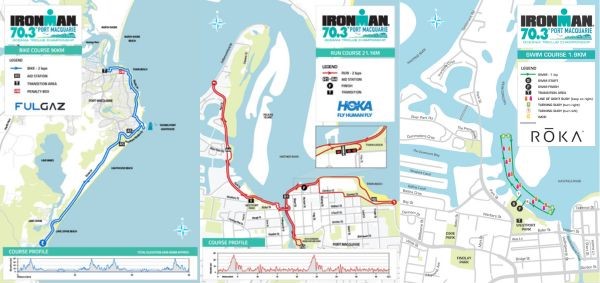
Managing waste waves and overflows
The large number of participants in mass participation events means it’s crucial to be prepared for waste that arrives in waves. As thousands of participants pass by aid stations, waste like paper cups, gel packs, and food wrappers accumulate rapidly.
To address this, we anticipate the volume of waste at each aid station by reviewing timing documents and course maps. This helps us work with organisers to plan for the necessary staffing and resources in high-traffic areas where waste overflows are most likely to occur. Additionally, organising for bins to be replaced swiftly and having waste disposal collection trucks in these high-volume areas can help minimize the movement of waste around the course, ensuring more efficient waste removal.
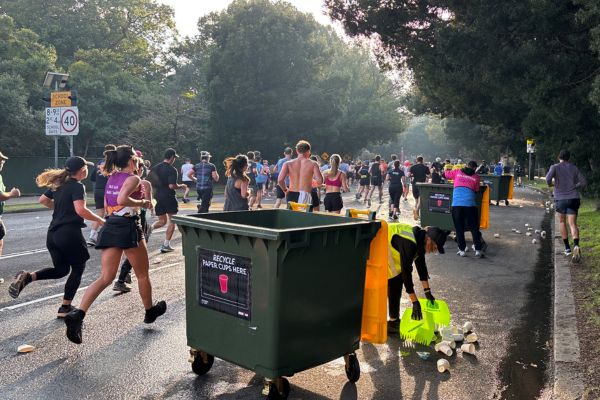
Considering weather conditions
Weather conditions also play a significant role in waste management at mass participation events. For example, on hotter days, participants may require more hydration, leading to an increased volume of waste from hydration stations. Similarly, extreme weather like rain or wind can impact the way waste is handled and disposed of.
To manage these variables effectively, we closely monitor weather forecasts and adjust our waste management plans accordingly. This might involve increasing the number of bins at hydration stations on hotter days or preparing staff to handle peak volumes during adverse weather.
Quick pack-down and reopening of roads
Another logistical challenge is pack-down after the event. For events that span large areas, waste management teams must act swiftly. Once the last runner or cyclist passes, pack-down begins immediately.
The course needs to be cleared, and roads need to reopen as quickly as possible, which requires real-time waste collection. Having experienced staff and a clear plan is essential. The waste management team follows the last vehicle along the course, ensuring that bins are emptied, litter is picked up, and the area is restored to its original state.
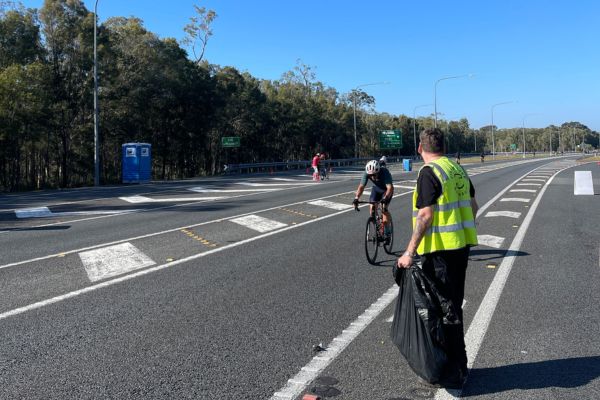
Managing specific waste streams
We anticipate a range of waste and resource streams commonly found at mass participation sporting events. A large contributor to event waste may be paper cups found in volume around the course. Our initiative, Simply Cups is Australia’s largest paper cup recycling program and collects these paper cups for local recycling.
To effectively manage streams, we have specific bins for various products such as gel packs to capture them separately and prevent contamination and minimise hand-sorting resources.
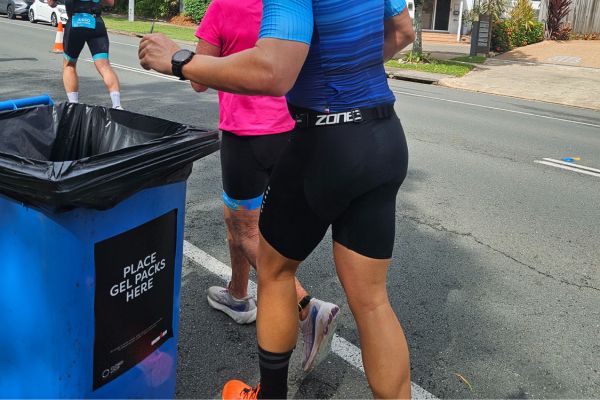
Managing the waste requirements of the event village
The event village—the hub of activities, sponsor booths, food stalls, and spectator areas—adds another layer of complexity. The number of participants and their supporters can easily exceed the race participants themselves, meaning additional planning is needed for things like toilets, waste bins, and food waste management.
In these areas, proper bin placement is key to reducing contamination and improving recovery rates. Clear signage and sorting guidelines are necessary to ensure that waste is separated effectively. Furthermore, hand-sorting waste in high-traffic areas like the event village has proven to result in maximising waste saved from landfill, as sorting can occur on-site before the materials are sent for further processing.
Event villages may not be contained within a single, clearly defined space, they can span multiple councils, with race-related activities scattered across a town or city.
This means waste sorting must be coordinated across various zones, and materials sometimes need to be transported between areas to ensure proper processing. Additionally, road closures during events often complicate access for waste collection teams. Advanced planning and forecasting of waste volumes at each location are essential to ensure sufficient staffing and sorting stations are in place to handle the logistical challenges.
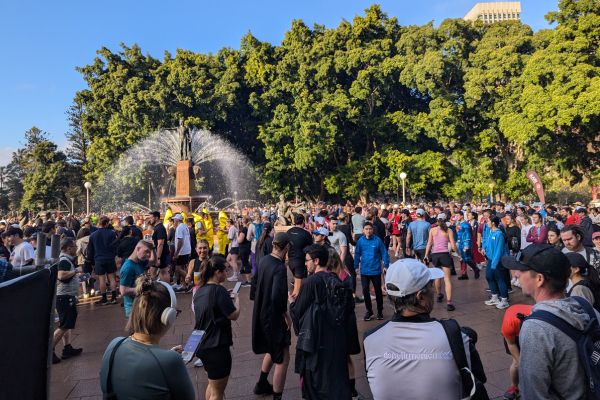
Managing food waste at events
Mass participation events are well-known for providing participants with snacks like energy gels, sandwiches, fruits, and granola bars to fuel their performance. While these foods are beneficial for athletes, they also create waste.
Food waste doesn’t necessarily have to end up in landfill and can be donated through charities with some planning. For example, pre-packaged, unused snacks or whole fruits might be donated to food banks or local animal shelters. In instances where it’s not possible to donate food, we send the food waste to a composting facility, ensuring that waste doesn’t end up in landfills.
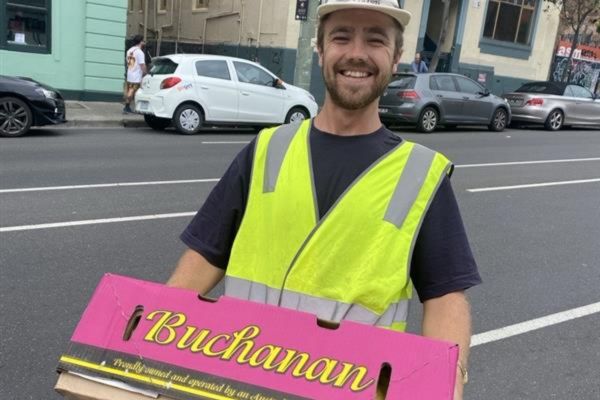
Container Deposit Scheme (CDS) and fundraising
Another key sustainability efforts we make at these events is utilising the Container Deposit Scheme (CDS) to give back to local charities. We place CDS specific bins throughout the event village and aid stations to capture any CDS eligible containers, including drink cans or bottles of event sponsors. We can anticipate the demand for CDS bins based on the course map and expected number of participants.
In some events, we’ve seen a good amount of funds raised through this program, which can then be donated to local charities, turning waste into positive community contributions.
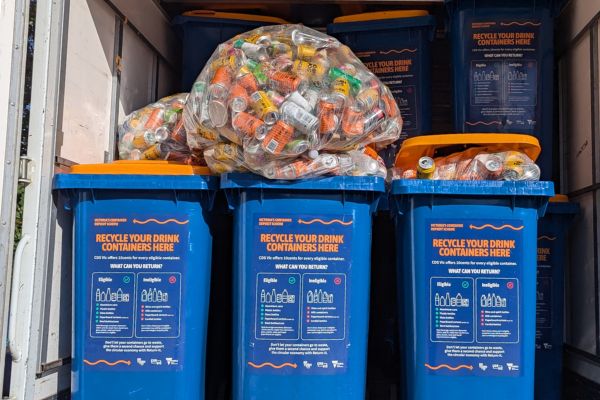
Coordinating and briefing volunteers
During pre-event volunteer briefings, our team takes the volunteers through our processes for each type of aid station and how waste should be managed for maximum sustainability. Our team will also tour the course ahead of the first athlete to ensure everything is in place and to brief volunteers again. We strive to empower the volunteers and provide them with the necessary tools to help with keeping waste stream separate, and the courses, aid stations and community clean.

Mass participation event vs. regular events
While sustainability challenges exist at all types of events, mass participation sports events present unique hurdles that differ to regular events or festivals.
Timeline:
Mass participation events typically operate within a very compressed timeline. The entire event cycle from setup, execution, to pack-down often happens in just 1-2 days. This rapid turnaround requires tight control over all aspects of event logistics, including waste management.
In contrast, regular events or festivals usually have a longer timeframe for setup, execution, and pack-down. This provides more flexibility for waste management, as there is more time for sorting, processing, and adjusting plans as the event progresses.
Waste inputs:
For mass participation events, controlling waste inputs is crucial given the high volume of participants and the quick pace of the event. Efficient waste management requires precise forecasting and a well-trained team to manage the influx of waste across multiple points of the event.
Meanwhile, waste management at regular events or festivals can be handled more gradually, with time for continuous sorting, collection, and processing. This allows for more flexibility in dealing with varying amounts and types of waste as they arise and allow adjustments throughout the event.
Planning and logistics:
To ensure sustainability at mass participation events, careful foresight and efficiency are key. Planning must account for the specific challenges posed by the course layout, participant volume, and short timeline. The team needs to be well-organised to manage waste in real-time, ensuring efficient waste management and quick pack-down for immediate road reopenings.
At regular events or festivals, waste management can be adjusted in real-time, allowing for a more reactive approach. There is typically more time to evaluate and optimise waste sorting systems as the event progresses.
